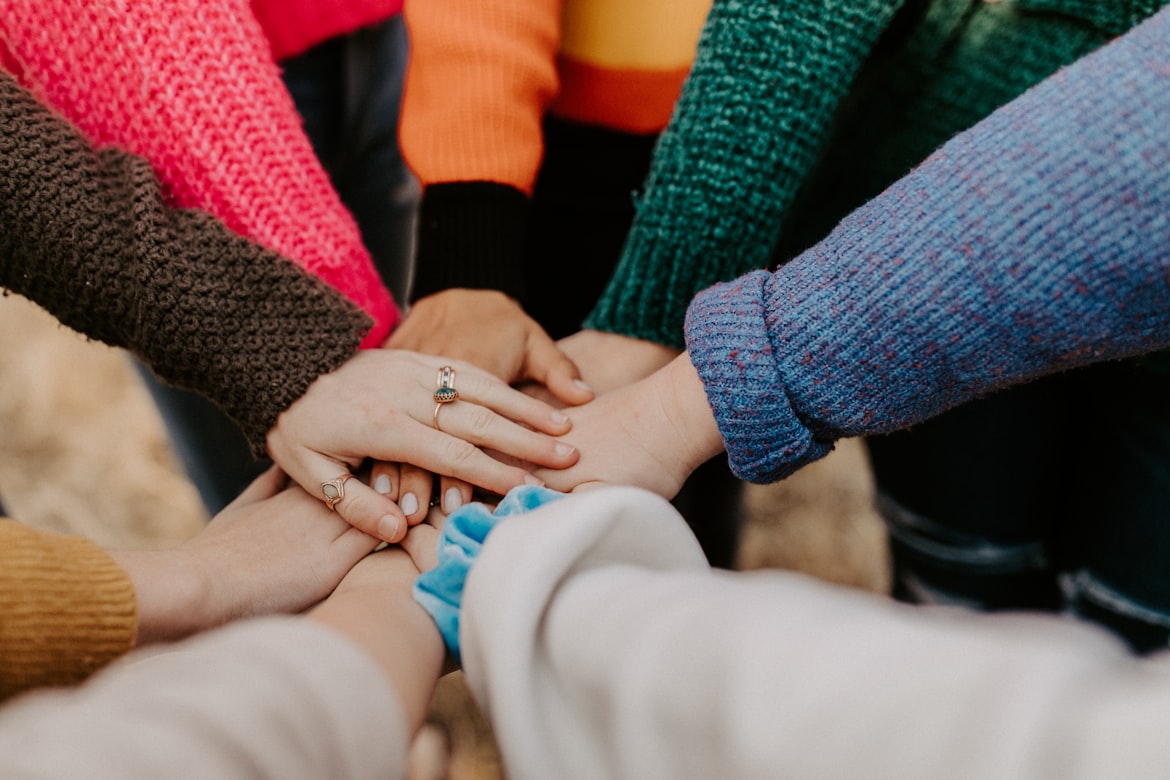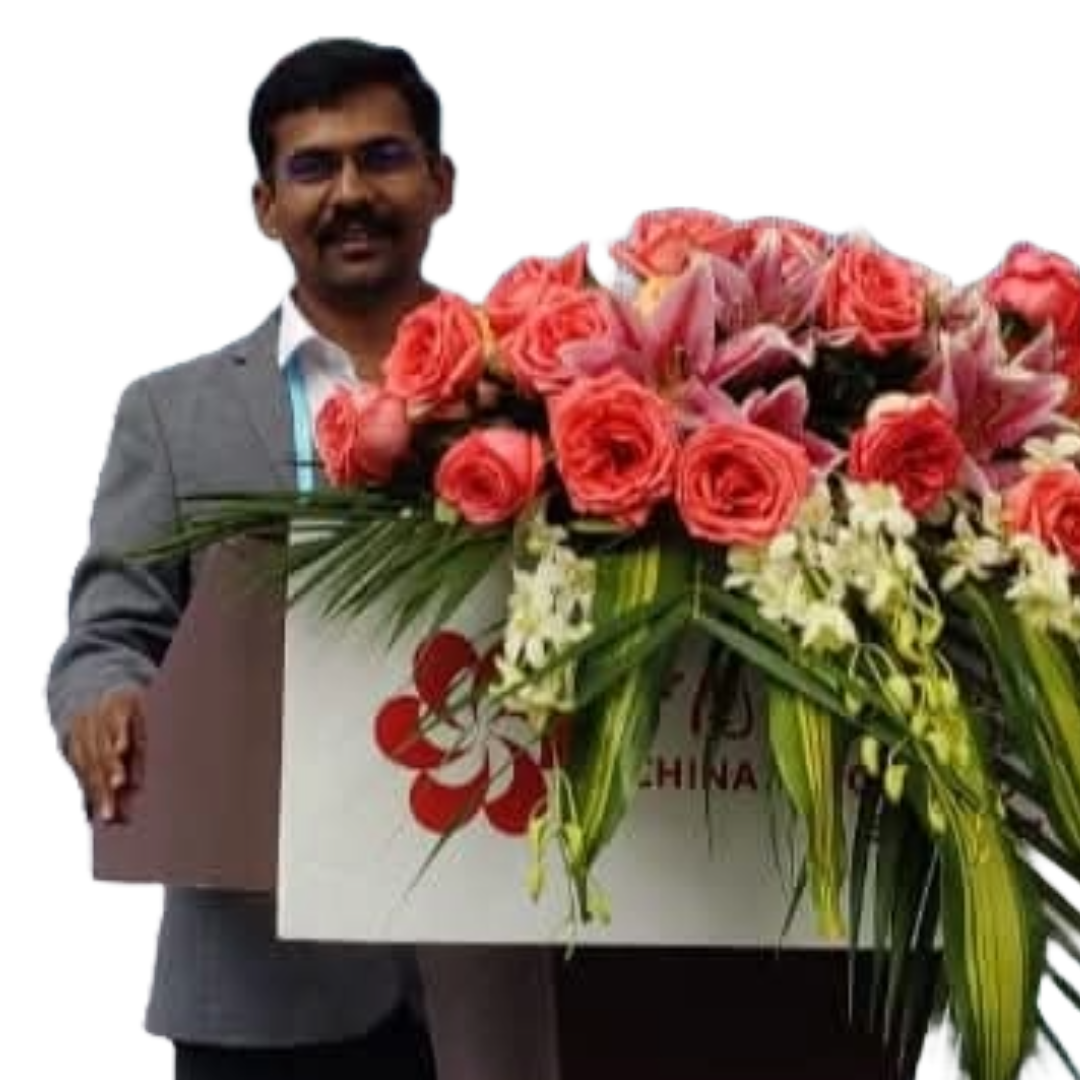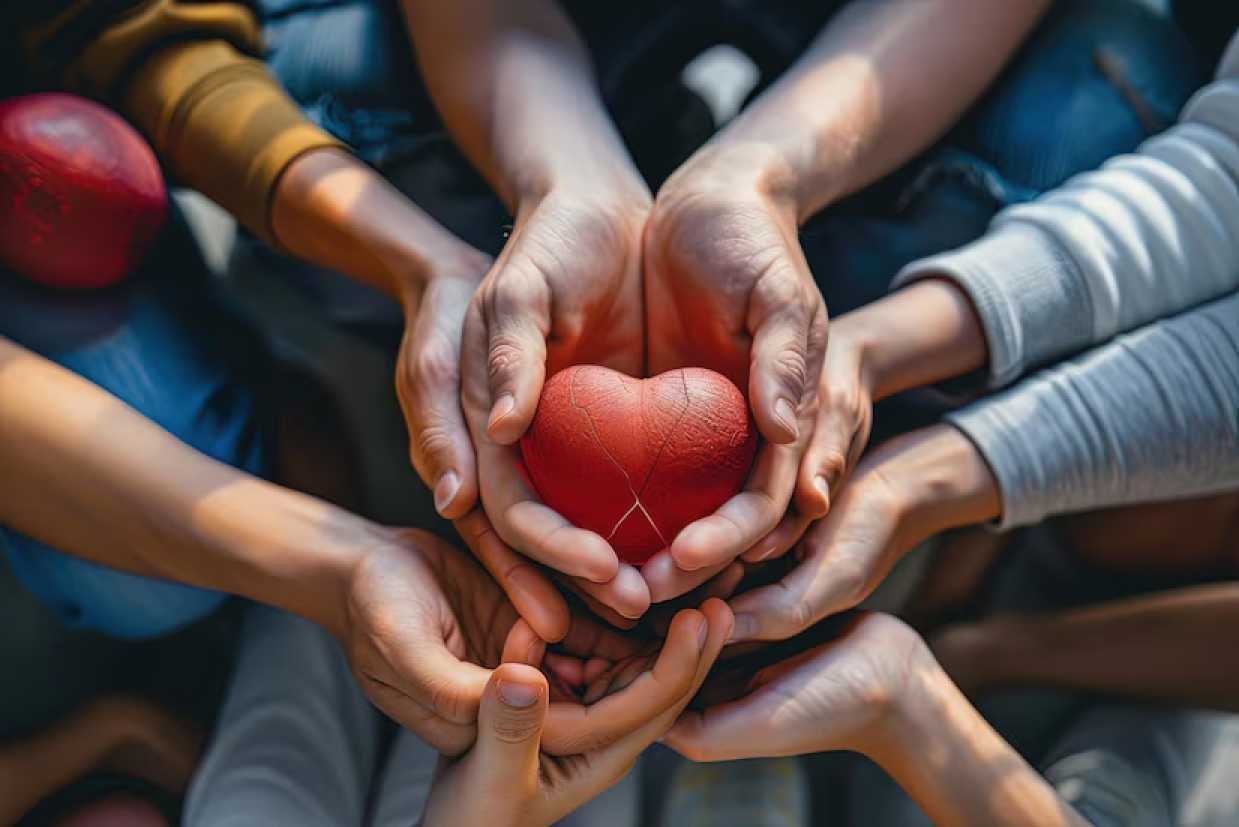

Disasters, whether natural or man-made, can devastate communities, destroy lives and disrupt livelihoods. In such dire circumstances, a ray of hope becomes essential and that is exactly what our NGO strives to do. As President, I am writing to you today to reiterate our unwavering commitment to disaster management and recovery efforts.
At the Masters Institute of Disaster Management and Research Council, disaster relief is not just a project; it is a core principle embedded in our mission. We believe in empowering communities not only to survive disasters but to become stronger and more resilient. Our approach is holistic, encompassing the entire disaster management cycle: preparedness, immediate response, recovery and long-term rehabilitation.
Preparedness: Laying the Foundation for Resilience
We firmly believe that prevention is better than cure. Our preparedness programs focus on educating communities about potential risks, developing early warning systems, and training local volunteers in first aid and emergency response. We conduct workshops, drills, and awareness campaigns so that individuals have the knowledge and skills they need to protect themselves and their families.
Rapid Response: Providing Help in Times of Need
When a disaster strikes, our dedicated team arrives on the scene within hours and provides immediate assistance to those affected. This includes distributing essential items such as food, water, shelter, medical assistance, and hygiene kits. We work closely with local authorities and other organizations to ensure that aid reaches those who need it most.
Recovery: Helping Communities Rebuild Their Lives
The journey after a disaster can be long and difficult. Our recovery programs are designed to help communities rebuild their lives and livelihoods. We help rebuild homes, restore infrastructure, and establish income-generating activities. We also provide psychosocial support and counseling to help individuals cope with trauma and loss.
Long-term recovery: Building a sustainable future
Our commitment extends beyond immediate relief and recovery. We believe in building a sustainable future for disaster-affected communities. This includes promoting climate-resilient agriculture, implementing disaster-resilient building techniques, and strengthening local governance structures. By investing in long-term solutions, we aim to reduce vulnerability and build the capacity of communities to withstand future shocks.
Looking ahead: Strengthening our collective efforts
The challenges of disaster management are complex and constantly evolving. To effectively address these challenges, we rely on the support and collaboration of our donors, volunteers, partners, and the communities we serve. We are constantly exploring innovative approaches and building new partnerships to increase our impact.
I urge you to join us in this important campaign. Your contribution, no matter how big or small, can make a real difference in the lives of those affected by disasters. Whether through financial donations, volunteering your time, or spreading awareness, your support is invaluable. Together, we can create a more resilient and compassionate world, where communities are better equipped to face adversity and rebuild their lives with dignity and hope.
Thank you for your unwavering support.
Sincerely,
Adv. Amardeep Ebhate
President

Social Welfare
_0592024092033.png)
HEALTH & RESEARCH
_0592024092157.png)
EDUCATION & TRAINING
_0592024092326.png)
Human Rights
_02262025031625.jpg)
Disaster Rehabilitation